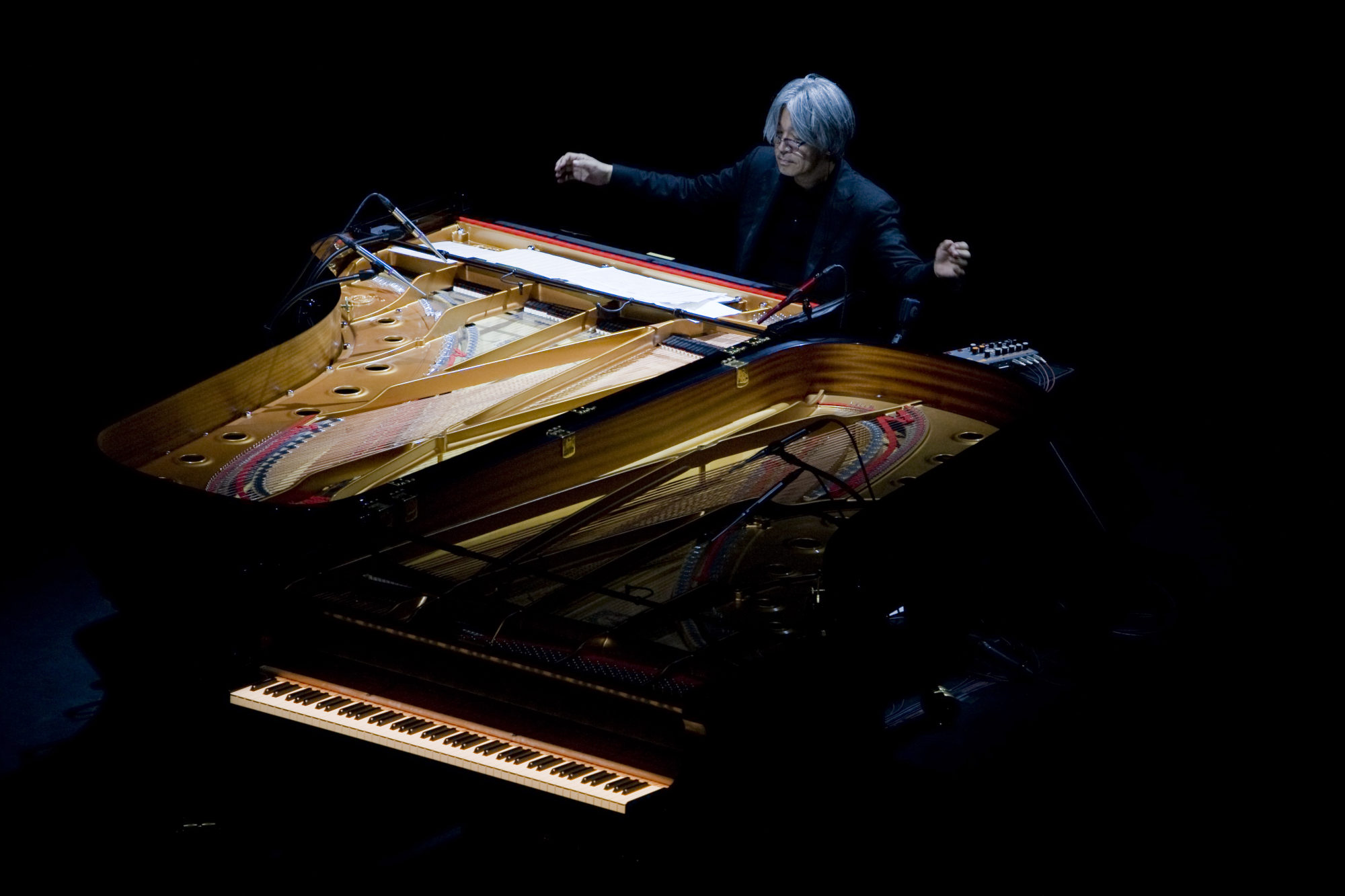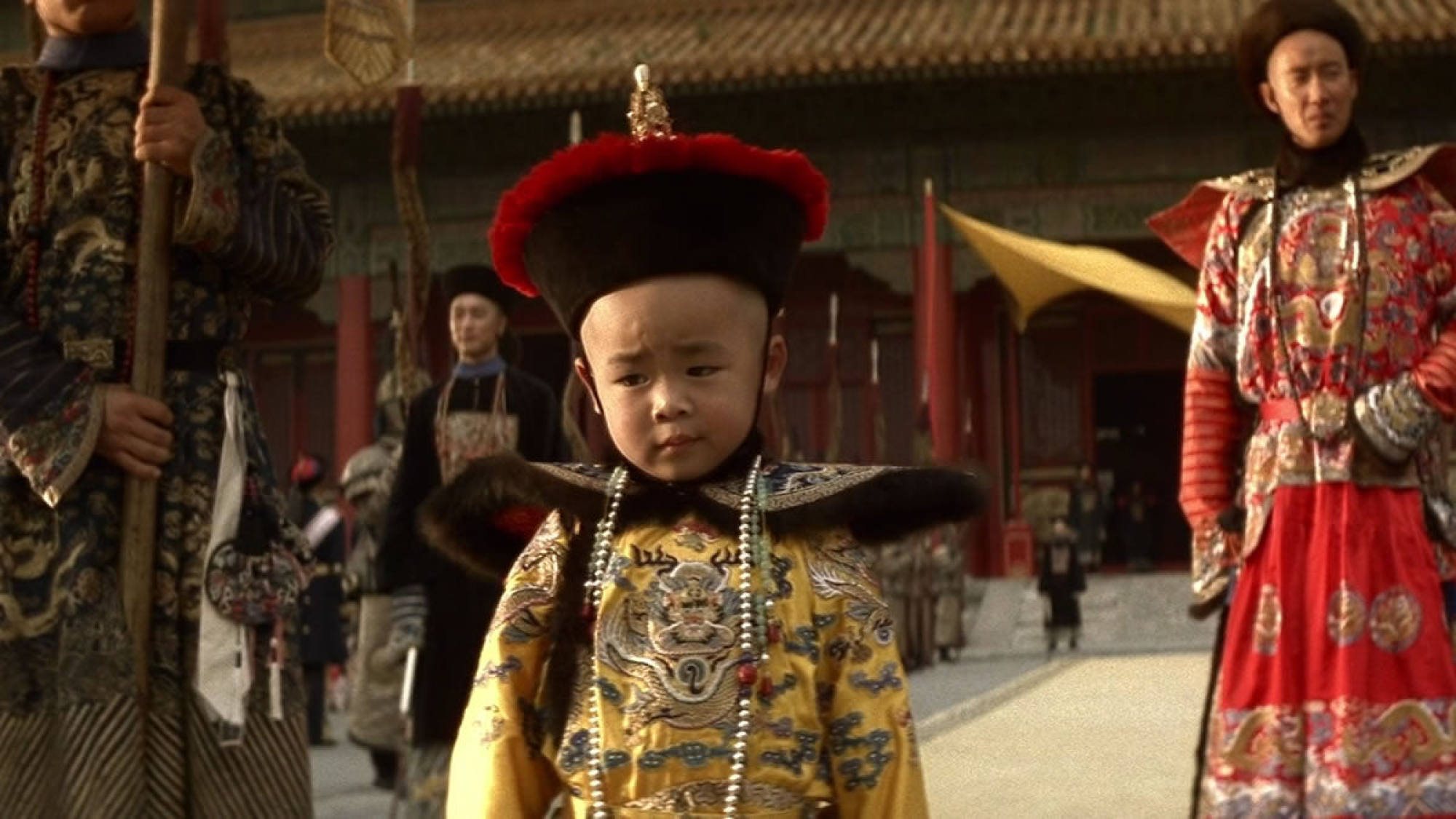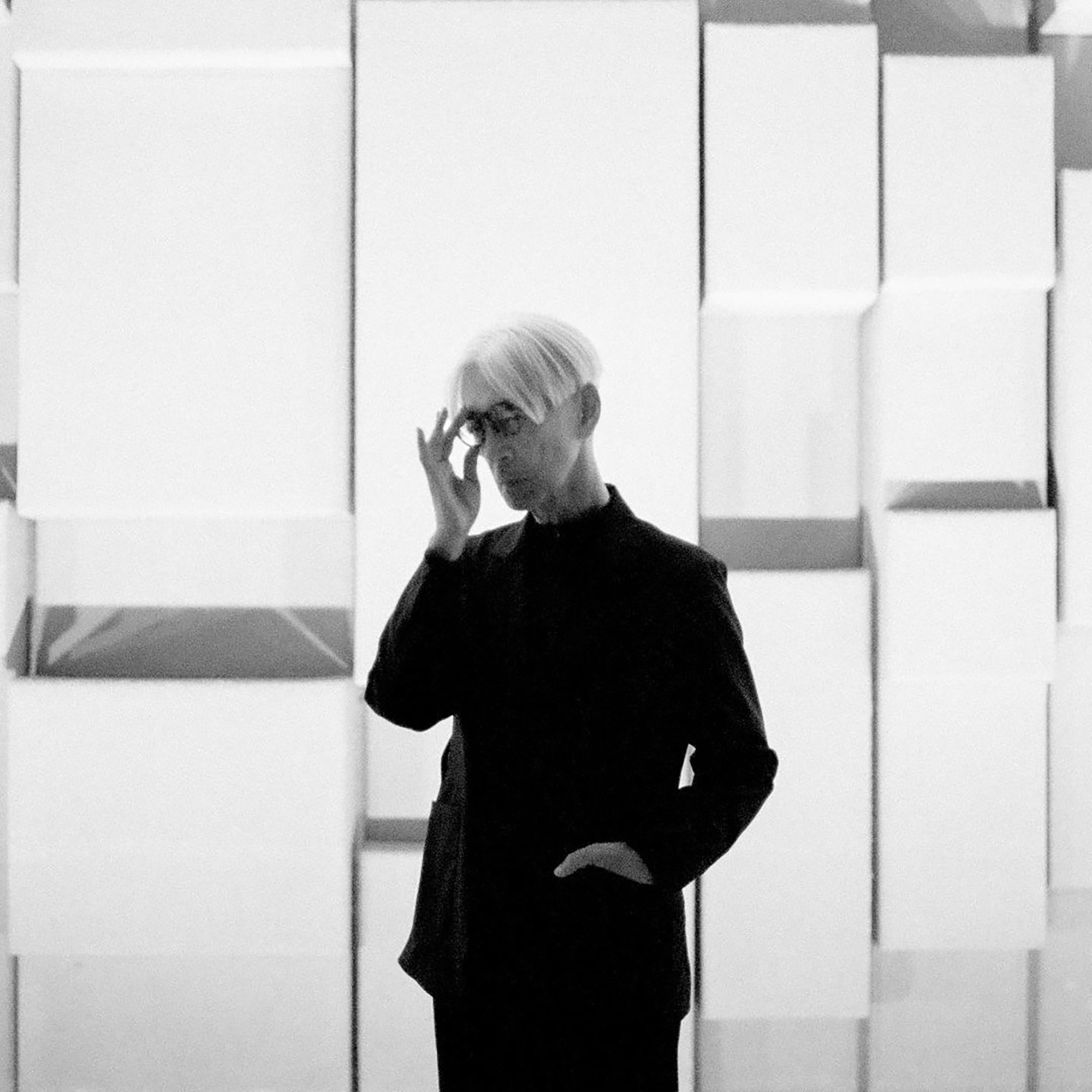
Oscar-winning Japanese composer Ryuichi Sakamoto dies aged 71, as Hong Kong fans grieve over missed chance to see him perform live
- Legendary electronic music artist has been undergoing cancer treatment since 2020
- His sold-out concert in city was postponed twice due to pandemic, before being cancelled because of his health
Oscar-winning Japanese composer and musician Ryuichi Sakamoto has died at the age of 71, driving a massive outpouring of grief worldwide, especially in Hong Kong where he would have performed in 2020 if not for the pandemic and his health.
“We are deeply saddened to announce the passing of artist and musician, Ryuichi Sakamoto, on March 28, 2023,” his management company said on Sunday. “He lived with music until the very end.”
The team said Sakamoto had been undergoing treatment for cancer since June 2020, and despite the hardship, the musician continued to create works in his home studio whenever his health would allow.

Close family members attended a funeral service, according to the statement. His company indicated it was unable to accept any calls of condolences, offerings of incense or flowers.
“We would like to share one of Sakamoto’s favourite quotes: ‘Ars longa, vita brevis.’ Art is long, life is short,” it said.
Fans around the world were shocked by news of Sakamoto’s death as they flooded the musician’s Instagram page with messages of condolences, while Hong Kong supporters expressed regret they had missed their final chance to see him in person.
In April 2020, Sakamoto was supposed to come to Hong Kong to showcase his unique brand of electronic music performance, titled dis·play, at the West Kowloon Cultural District.
The Hongkongers who appear on Ryuichi Sakamoto’s new album
The show was to be his first visit to the city in over a decade, but was postponed to September that year due to the emerging Covid-19 pandemic. As the health crisis worsened and with all tickets sold out, the show was again rescheduled to 2021.
“It was a pity that we have to postpone the performance in Hong Kong again, but we promise to reschedule the performance date so that everyone can enjoy it. I sincerely hope that everyone is well and see you again,” Sakamoto told his Hong Kong fans at the time.
But the legendary musician’s show was eventually cancelled due to his ailing health.
Apart from his individual repertoire, Sakamoto was also known for his work with the pioneering electronic band Yellow Magic Orchestra (YMO) which he co-founded.
Hong Kong singer-songwriter Adrian Fu Chee-yat never got the chance to see Sakamoto perform live, calling it a “big regret”.
How Ryuichi Sakamoto found music to convey the essence of champagne
The 45-year-old – who has collaborated with Eason Chan Yik-shun, one of Cantopop’s biggest stars – described how when he first listened to “Absolute Ego Dance” from YMO’s 1979 Solid State Survivor album, he was “completely in awe of how they were able to push electronics into their artform”.
The renowned composer helped him realise that music could be much more than the standard three-minute pop structure many are familiar with.
“His name may not be well-known in the general diaspora, but boy – his music was ubiquitous, wasn’t it?” Fu mused.
Fan and filmmaker Edwin Lee discovered Sakamoto’s music when watching the film The Last Emperor as a teen.
“Back then I didn’t really watch such epic dramas, but I was also enthralled by the grand sweeping score by Sakamoto. It introduced me to the ‘cinematic soundtrack’, and I subsequently delved more deeply into the genre,” the 39-year-old said.

In cinema, Sakamoto was most remembered for his scores for The Last Emperor and Merry Christmas, Mr Lawrence, among other films.
Sakamoto started playing piano as a toddler. He studied ethnomusicology at the Tokyo National University of Fine Arts and Music, with particular interest in the traditional music of Japan’s Okinawa prefecture as well as Indian and African musical traditions.
Embracing electronic music, he and fellow studio musicians Haruomi Hosono and Yukihiro Takahashi formed YMO in 1978.
The band’s groundbreaking use of a vast array of electronic instruments brought it domestic and global success.

Sakamoto’s first score was for the 1983 film Merry Christmas, Mr Lawrence, in which he also played the commandant of a camp for prisoners of war, starring alongside David Bowie. The score bagged a win at the British Academy Film Awards.
His most celebrated work was 1987’s The Last Emperor in which he also had an acting role. The score won an Oscar, a Grammy and a Golden Globe.
In 2014, Sakamoto took a break from work for about a year to be treated for throat cancer.
In 2017, the musician released his first album Async since his recovery. On the track “Fullmoon”, he created a conceptual ambient piece inspired by text from American author Paul Bowles, with the music featuring samples of the passage narrated in several languages, including Cantonese and Mandarin – performed by Hong Kong artists Tang Kit-ming and Priscilla Leung Siu-wai.
Bowles’ text reads: “Because we don’t know when we will die, we get to think of life as an inexhaustible well … How many more times will you watch the full moon rise? Perhaps 20. And yet it all seems limitless.”
Cancer-beating composer Ryuichi Sakamoto puts his life on film
The Hong Kong artists were connected to Sakamoto by local radio DJ and music critic Wong Chi-chung, who became friends with the musician after an interview in 1989.
Speaking to the Post in 2017, Wong said he was asked to find a female voice to narrate Bowles’ text in Mandarin. He called on his friends. “But none of it worked out until Priscilla Leung came on board. She has a voice that is mature, wise and dramatic,” Wong noted.
Leung told the Post in the same interview that when she was first asked to do the vocal performance for Sakamoto’s album, Bowles’ text was all she had.
“The text is a simple message about life experience. I understand the background, and what Sakamoto has been through. So I used a lot of imagination. I had a feeling that he was searching for life experiences from others,” she said.

Wong revealed Cantonese was initially not included in the track, but in the end, Tang’s narration also made it to the final cut. Wong, also a film script writer, mentioned it was an honour to contribute to Sakamoto’s project after listening to and playing his music on air for many years.
Last December, Sakamoto gave a farewell concert online for fans. He had announced in January 2021 that he had been diagnosed with rectal cancer, and by June that year was battling stage four cancer.
In an October message on Instagram about the concert, Sakamoto said: “I don’t have the energy to do live concerts … This might be the last time that you will see me perform in this manner.”



